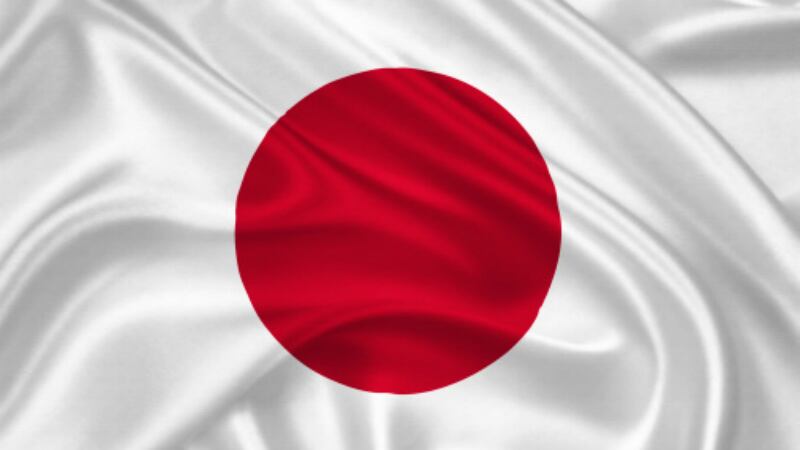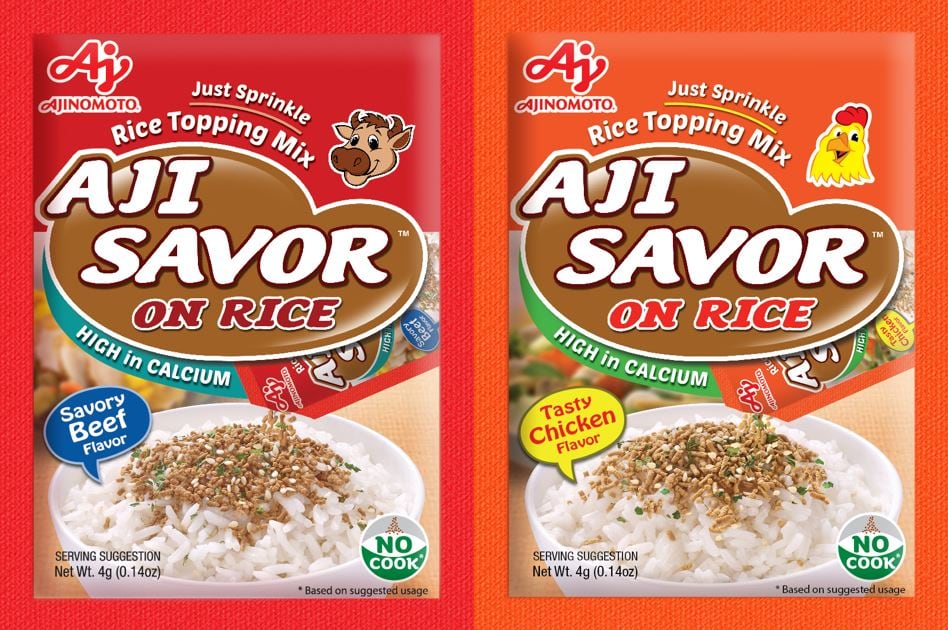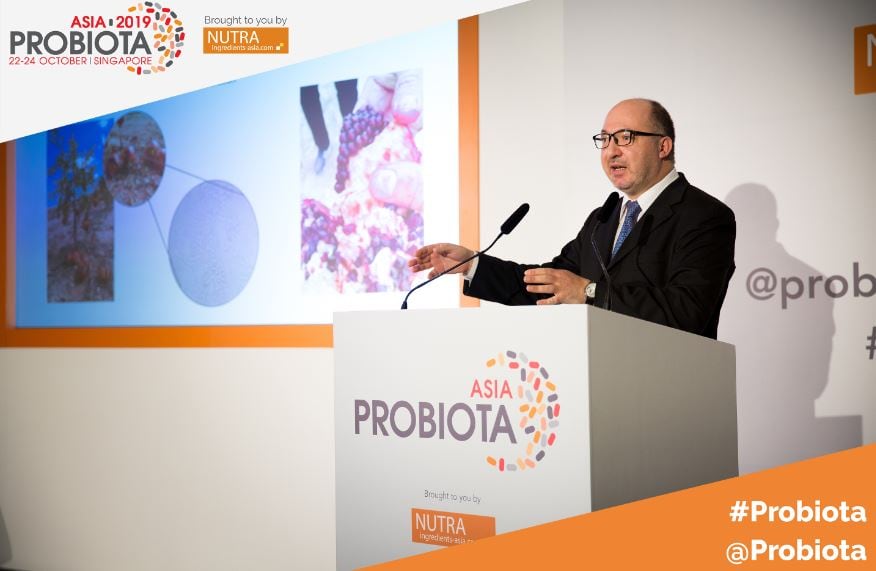Genome-edited food products to go on sale in Japan, despite no labelling and safety provisions
Food products produced using genome editing technology could go on sale in Japan by the end of the year despite no specific labelling rules being in place.
The Consumer Affairs Agency (CAA) announced that foods made using the genome editing technology do not require safety inspections, unlike genetically modified foods which must go through toxicity and carcinogenicity tests.
Declaration of the technology used is also not required on the product label.
Japan is no stranger to genetically-modified foods, which already follows a set of labelling regulations and safety tests.
It can include foods made using recombinant DNA technology, which is the combination of genetic information from different species.
Cheers: Global beer production increases for the first time in five years - Kirin report
Global beer production has increased for the first time in five years to reach 191 million kilolitres, according to a new report from Japanese brewing giants Kirin.
The data covers 2018 and was based on findings obtained from questionnaires sent to brewers in 171 countries.
This year’s increase in global beer production was mostly attributed to Mexico, which contributed 90% of the 1.09 million kilolitres rise this year.
Countries like Russia and the Philippines also contributed to the increase in global production.
According to Kirin spokesman Ataka Takashima, the increase was due to “high temperature periods continuing longer than usual and the FIFA World Cup in 2018.”
Delivering nutrition in disaster zones: Japanese space food project turns attention to jelly solutions
A Japanese firm that creates food products for space mission has turned its attention to meeting nutritional needs in times of disaster by launching its first jelly product on the domestic market.
Sold under the brand Life Stock and made by Bosai Space Food Project, the jelly products aim to be stockpile food for the Japanese population during disaster times.
These products do not require the need for water, and contain dietary fibre and seven types of vitamins.
It consist of three products which the company claims can replenish calories and nutrients, Life Stock Energy (Pear flavour), Life Stock Energy (Grape flavour), and Life Stock Balance (Apple and carrot flavour).
The firm said two weeks after pre-sales started in September on Japanese crowdfunding site Makuake, it achieved sales of JPY 2.5 million (US$23,000).
Double the luxury: Coca-Cola Japan launches second two-fruit Fanta product with focus on indulgence
Coca-Cola Japan has launched the second product in its popular two-fruit Fanta Zeitaku W series, maintaining its focus on luxury and indulgence, this time with a blend of two types of grapes.
‘Zeitaku’ in Japanese by definition means ‘luxury’, and the firm focused on the two-fruit blending aspect to bring out this concept.
“Blending two kinds of fruits makes [the drink] taste juicier and richer, which strengthens Fanta’s fruity flavour,” a Coca-Cola Japan spokeswoman told FoodNavigator-Asia.
“This second product from the Fanta Zeitaku (luxury) W series [has been made] with Cabernet and Chardonnay grapes.”
Responding to queries on the reason behind focusing on grapes, the spokeswoman added that external surveys had found the fruit to be ‘one of the popular fruits favoured in autumn’.
Healthy Ageing APAC Summit: Industry-leading conference returns to Singapore amid huge market potential
After two hugely successful events in 2018 and 2019, where 93% of delegates said the event added value to their organisation, we are delighted to announce that our Healthy Ageing APAC Summit will return to Singapore for year three in 2020.
It comes as the number of older persons in the region is expected to more than double from 600 million in 2018 to nearly 1.3 billion by 2050.
Organised by the publishers of FoodNavigator-Asia.com and NutraIngredients-Asia.com, the event brings together brands, suppliers, regulators and market experts to assess how the industry can meet the food and nutrition needs of older consumers of today and tomorrow.
Editor-in-Chief of both titles, and Regional Head of APAC at publisher William Reed, Gary Scattergood, said: “Crucially, the event comes from the perspective that healthy ageing begins from conception. It assesses innovative food and nutrition solutions across all age spans, which will ultimately help people enjoy a healthy, as well as longer, older age.
“Over the past two years we have heard from a stellar line-up of speakers from brands and retailers such as Nestle, Blackmores, PepsiCo, Redmart, Lawson, FANCL, Swisse and Kirin, alongside globally-renowned academics, policymakers and regulatory experts.
“We will soon be announcing the first wave of speakers, including new, major FMCG brands and pioneering thought leaders.”




